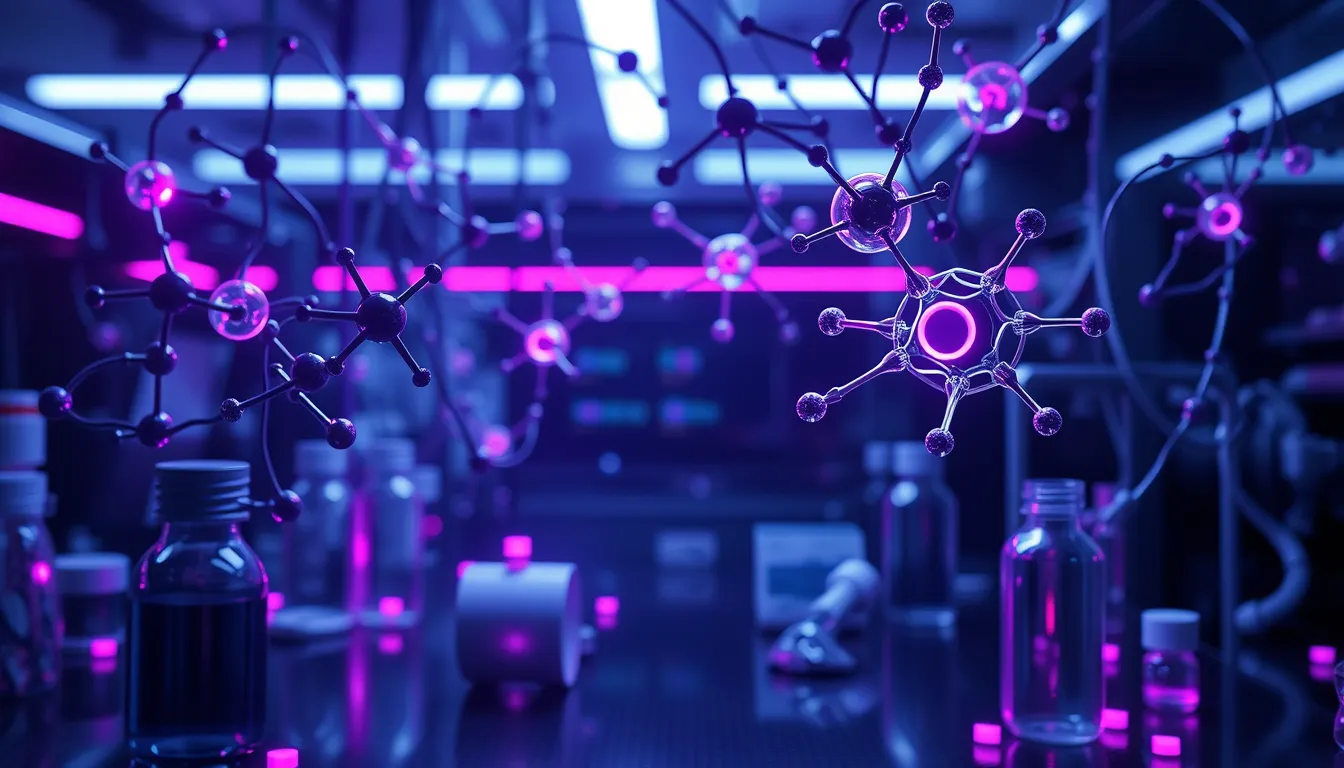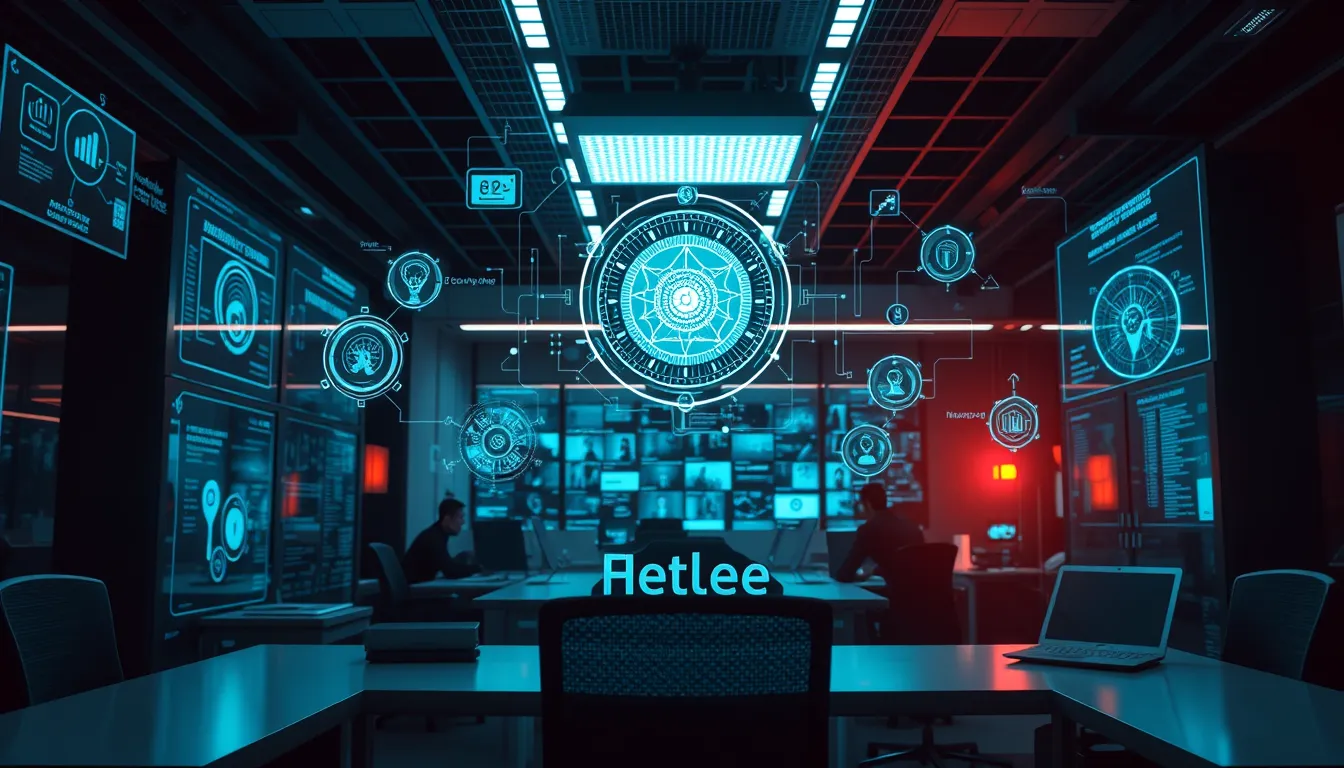Now Reading: Powerful AI in Healthcare Diagnostics: Boosting Patient Care
-
01
Powerful AI in Healthcare Diagnostics: Boosting Patient Care
Powerful AI in Healthcare Diagnostics: Boosting Patient Care

Powerful AI in Healthcare Diagnostics: Boosting Patient Care
In today’s rapidly evolving medical landscape, technological advancements are reshaping the way we approach patient care. One of the most significant developments in this field is the integration of artificial intelligence (AI). Specifically, AI in healthcare diagnostics has emerged as a groundbreaking tool for enhancing diagnostic accuracy and improving treatment outcomes. This article discusses how emerging AI technologies are making a lasting impact on the healthcare industry.
The Rise of AI in Healthcare Diagnostics
The rise of digital technologies has paved the way for unprecedented innovations in patient care. As hospitals and clinics seek more reliable and efficient diagnostic methods, the implementation of AI tools is proving to be transformative. In many medical facilities, AI in healthcare diagnostics is already playing a crucial role in reducing human error and streamlining complex imaging processes.
How AI Enhances Diagnostic Accuracy
AI-powered systems can analyze vast amounts of data quickly, enabling medical professionals to obtain accurate insights at a faster pace. Here are some key benefits:
- Enhanced Image Analysis: Modern medical imaging technologies are now able to collaborate with AI systems to identify patterns that might be challenging to detect with traditional methods.
- Early Disease Detection: Early interventions are vital. By identifying signs of disease at critical stages, AI in healthcare diagnostics helps save countless lives.
- Reduced Diagnostic Time: AI significantly cuts down the time required for diagnosis, allowing for more timely and effective treatment plans.
Many experts note that by integrating AI into diagnostic systems, health practitioners are better equipped to manage trends and changes in patient health. Reputable institutions, such as the National Institutes of Health (NIH), are continuously exploring these advancements to optimize clinical processes.
Improved Patient Outcomes and Streamlined Operations
The implementation of AI in medical diagnostics is not just about enhanced image processing; it is also about overall improvement in operational efficiency and patient outcomes. Here are several ways AI is making a difference:
- Predictive Analytics: Advanced algorithms predict patient risks, enabling healthcare providers to prioritize critical cases effectively.
- Personalized Medicine: Data-driven insights facilitate personalized treatment plans tailored to individual patient needs.
- Operational Efficiency: AI assists in triaging, scheduling, and managing patient flows, which can be critical in emergency and high-demand scenarios.
For instance, several hospitals in the United States have embraced AI tools to drive better patient care, citing reduced waiting times and improved diagnostic precision. In one inspiring case, a collaboration with tech innovators like OpenAI has led to systems that support clinicians in making more informed decisions.
Future Trends and Considerations
As technology continues to evolve, the future of AI in healthcare diagnostics looks exceptionally promising. However, with great innovation comes certain challenges that must be addressed:
- Data Security & Privacy: Ensuring the protection of sensitive medical data remains a top priority. Robust encryption and strict compliance with privacy regulations are essential.
- Integration with Existing Systems: Seamless integration between AI tools and traditional medical equipment is necessary to maintain consistency and efficiency.
- Training and Adoption: Healthcare professionals must receive adequate training to fully leverage AI capabilities, ensuring that new technologies complement their expertise.
Stakeholders in the healthcare industry—ranging from clinicians to IT professionals—must collaborate to overcome these hurdles. The focus is on building systems that are secure, reliable, and adaptable to the ever-changing landscape of medicine.
Conclusion
In conclusion, the integration of AI in healthcare diagnostics is a revolutionary step forward in modern medicine. By harnessing the power of advanced algorithms and comprehensive data analysis, this technology not only increases diagnostic accuracy but also enhances overall patient care. As the healthcare industry continues to innovate, the role of AI will only expand further, marking a new era in medical diagnostics. Embracing AI in healthcare diagnostics is essential for any forward-thinking institution aiming to offer state-of-the-art care and improve patient outcomes.
With its promise of increased efficiency, enhanced diagnostic accuracy, and improved patient care, the future of AI in healthcare diagnostics looks brighter than ever. As providers harness the full potential of artificial intelligence, more personalized, effective, and timely medical services can be anticipated across the globe.

























